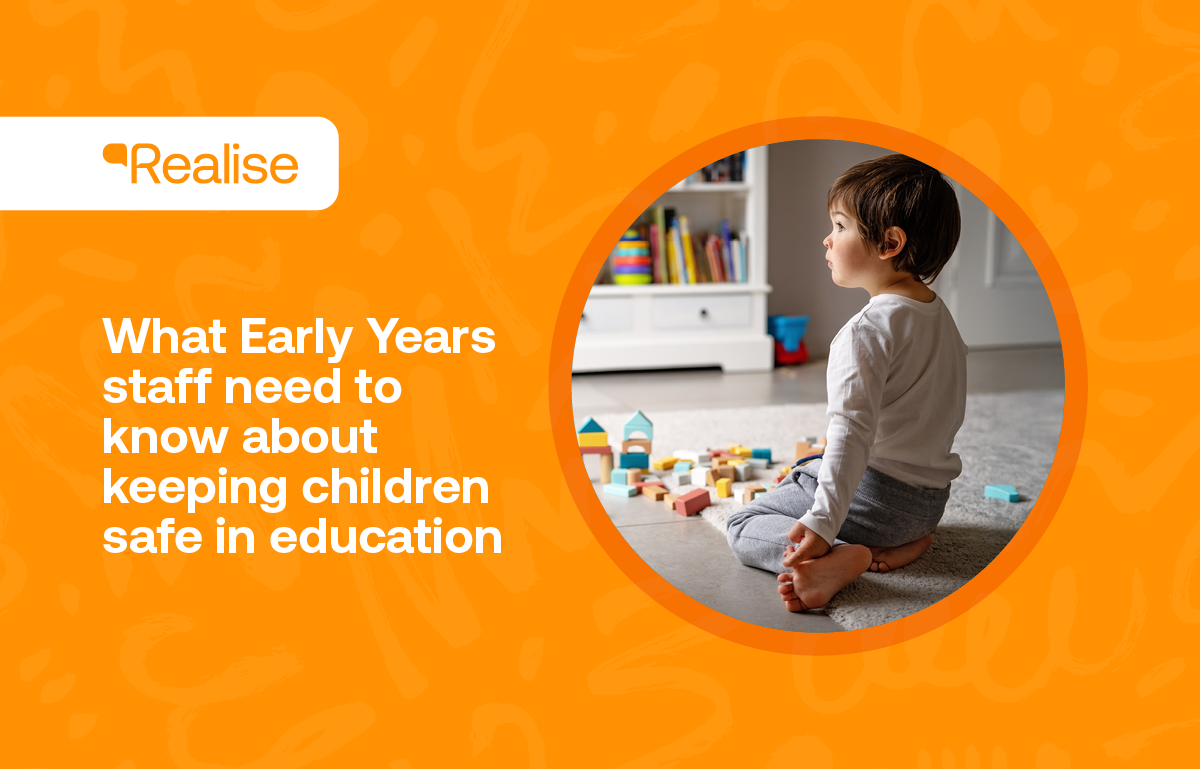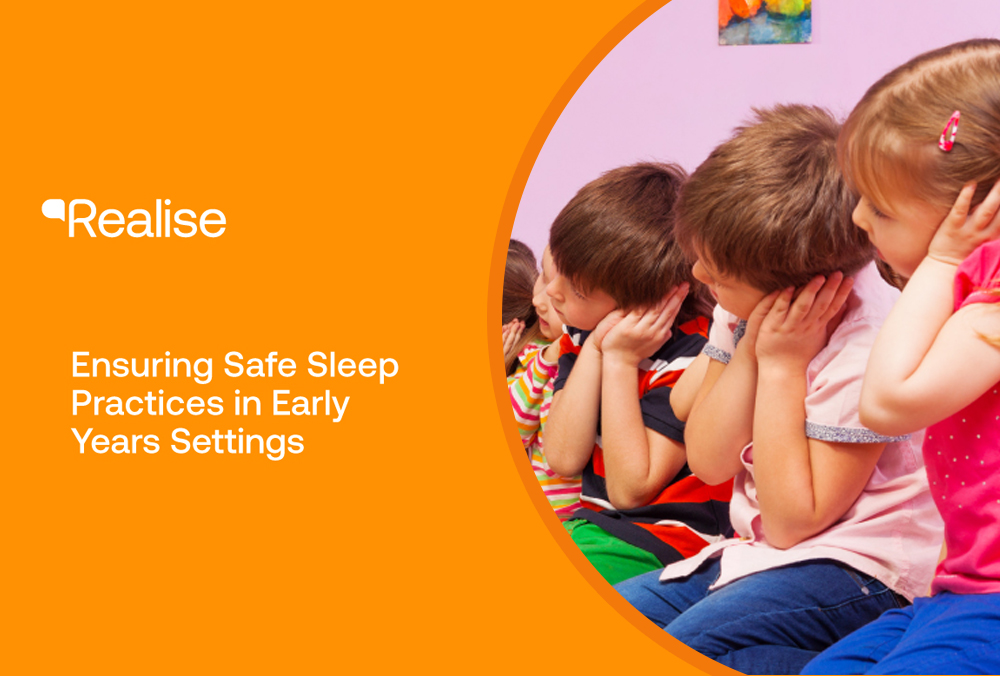

Online safety act change 17th March 2025
Online safety act change 17th March 2025
-
 Alex Prince
Alex Prince -
 2 May, 2025
2 May, 2025

Recent developments in the UK's Online Safety Act (OSA) bring significant implications for early years settings. The Act requires online platforms to implement robust measures to protect users from illegal and harmful content, with enforcement starting from March 2025. The OSA applies to a wide range of online services, including social media platforms, file-sharing sites, and messaging services, irrespective of whether the service providers are based in the UK. As long as these platforms have a significant number of UK users or are accessible to them, they must comply with the provisions of the Act.
From March 2025, platforms will be required to conduct thorough risk assessments to identify potential illegal content, swiftly remove any detected material, and reduce the risk of priority criminal content appearing on their services. Failure to comply could result in severe penalties, including fines up to £18 million or 10% of global turnover, or even service bans in the UK.
For early years settings, there are important risks to consider, particularly regarding children's exposure to harmful content. Children could inadvertently access inappropriate material if platforms fail to implement adequate safety measures. Additionally, the protection of children's data on online platforms is a growing concern, with insufficient safeguards leading to potential privacy breaches. To mitigate these risks, early years settings must take preventative measures. Regularly reviewing and monitoring the online platforms and services used within the setting is crucial to ensuring they meet safety standards. Ongoing training for staff on identifying and responding to online safety issues is also essential, as is working closely with parents to promote safe online practices both at the setting and at home.
A crucial step for settings is reviewing and updating their online safety policies. These policies should reflect the latest legislation and best practices, addressing not only the risks posed by online content but also the risks related to the use of digital tools, devices, and data privacy. Regular reviews ensure that the policies remain relevant and effective, adapting to new technology and emerging threats. It’s also important that all staff members are trained and updated regularly on online safety issues, from identifying harmful content to understanding the implications of data privacy regulations. This training should be comprehensive and include practical guidance on how to safeguard children both in the setting and online.
Sharing online safety information with families is another essential aspect of a holistic approach. Parents should be informed about the setting's online safety policies and practices through regular communication, such as newsletters or dedicated meetings. Offering workshops or resources to help families understand how they can protect their children at home is also valuable. These sessions can provide practical advice on parental controls, monitoring online activity, and discussing the potential risks of the digital world. Encouraging a partnership between the setting and families ensures that online safety is a shared responsibility and that children are supported in a consistent and secure environment.
There are a number of supportive websites and resources available to share with both staff and families. Websites like Internet Matters, Thinkuknow, and Safer Internet Centre offer strategies and advice to help individuals understand online risks and protect children. These sites provide tools for developing safe practices and offer detailed guides for safeguarding children in the digital age.
In addition to resources for parents and staff, there are also books designed to help children develop an understanding of online safety. These books often present key concepts like privacy, respecting boundaries, and recognizing inappropriate content in an engaging and accessible way. Storytelling and age-appropriate discussions about online safety help children learn essential lessons in a way that is not overwhelming or frightening.
Supporting children in developing resilience and strong self-esteem is a fundamental aspect of online safety. Encouraging children to build their confidence and trust in their own judgment can help them navigate the online world more safely. Teaching them to speak up when something feels wrong and to ask for help from a trusted adult is vital. Providing opportunities for children to develop coping strategies, including how to deal with online peer pressure or bullying, strengthens their ability to handle online challenges. Fostering a sense of self-worth, both online and offline, equips children with the tools to set healthy boundaries and make informed decisions when interacting in digital spaces.
It is also important to consider that online safety should be a priority for everyone within the setting, not just children. Staff, visitors, and anyone who interacts with the setting should be aware of the risks and understand their role in maintaining a safe online environment. Regular training, clear communication, and robust policies ensure that everyone is vigilant and proactive in safeguarding children in the digital space. By adopting a comprehensive and community-focused approach to online safety, early years settings can foster an environment where children are protected, supported, and empowered to navigate the digital world safely.
Looking for a online safety act
Children could inadvertently access inappropriate material if platforms fail to implement adequate safety measures.
Discover our courses











